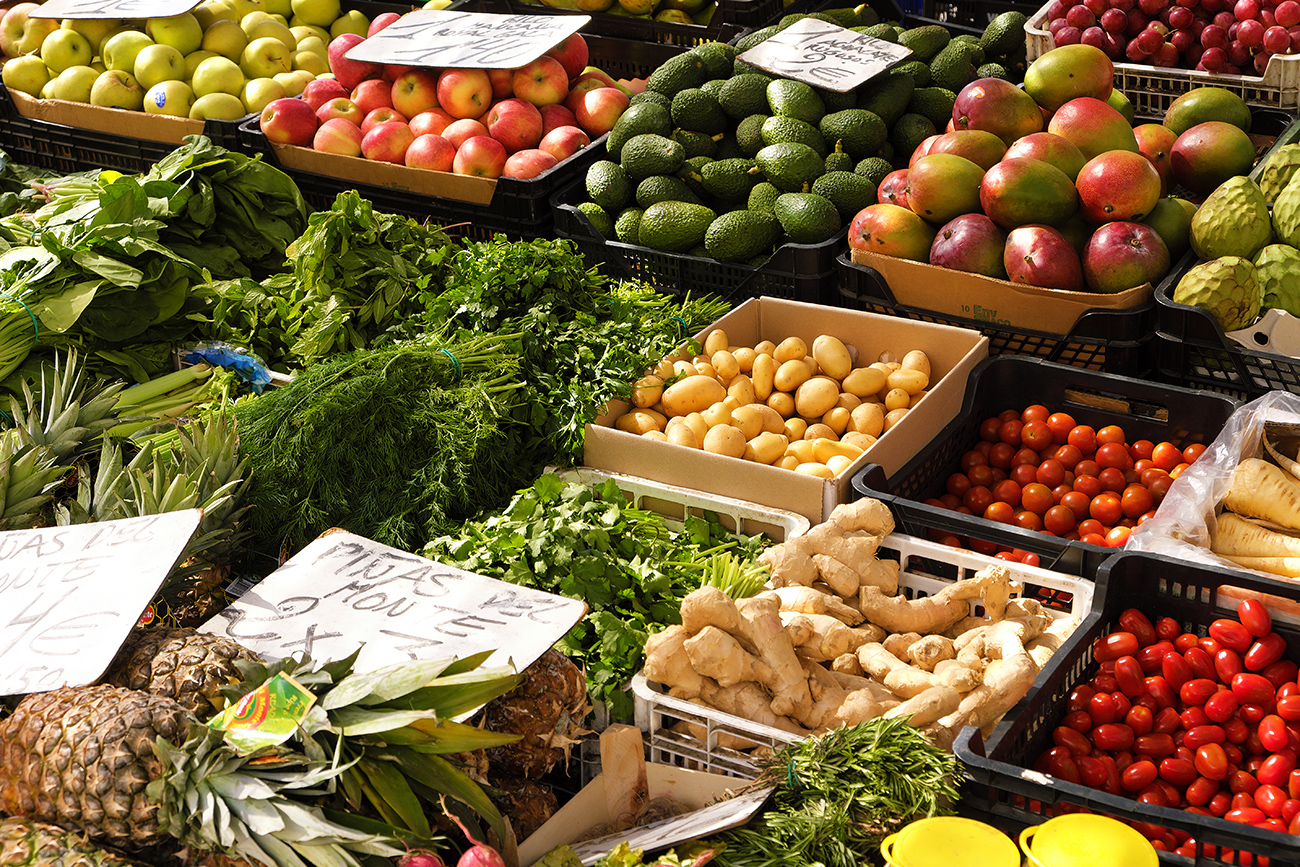During the last couple of years, urban farming and agriculture have become a growing movement within cities and heavily populated towns and communities. This is because there are many benefits that come from these farming alternatives, and several groups are opting to join in. Supporters of this way of farming include food justice advocates, environmentalists, city planners, and even gardeners. Even when the concept of growing and producing food in cities isn’t really new, it has definitely grown in popularity recently.
One of the biggest benefits of urban agriculture is that it provides a green, eco-friendly alternative for the production and commercialization of different food products. When we localize produce, the amount of carbon emissions is significantly reduced, and the amount of fossil fuel that is necessary to transport, package, and sell foods also decreases. As a result, urban farming helps consumers reduce their foodprint, while also giving them the opportunity to buy products that were grown in their own community.
Urban farms also stimulate the economic growth of their nearby communities and their own altogether. As a result of proximity, urban agriculture powers the local economy as it helps income circulate the region. Also, farmers are able to be more connected to their market, and this enables them to quickly adapt to shifts in behavior and demand, which in turn maximizes their profit. Besides, it also stimulates and promotes the creation of jobs, helping towns and cities tackle the issues of unemployment, crime, and poverty.
Unsurprisingly, creating urban farms also help strengthen the relations between community members. Planning and developing urban farming projects provide people with the opportunity to create meaningful and long-lasting relationships, as these spaces motivate socialization and communication among citizens. Therefore, communities become stronger and healthier, and they are able to create a truly sustainable environment for its residents. This is because of the level of organization, collaboration, and management that urban agriculture projects require.
More importantly, having urban farms in a community increase food quality and security in general. These small-scale farming spaces allow farmers to use less industrialized and therefore healthier, safer, and more organic methods for growing, producing, and selling the food they produce. This allows citizens from vulnerable areas to have access to fresh and nutritious food when they may not have had such access before. Again, this benefits the communities that are near urban farms and gives them the chance to become stronger, healthier, and more economically active altogether.








